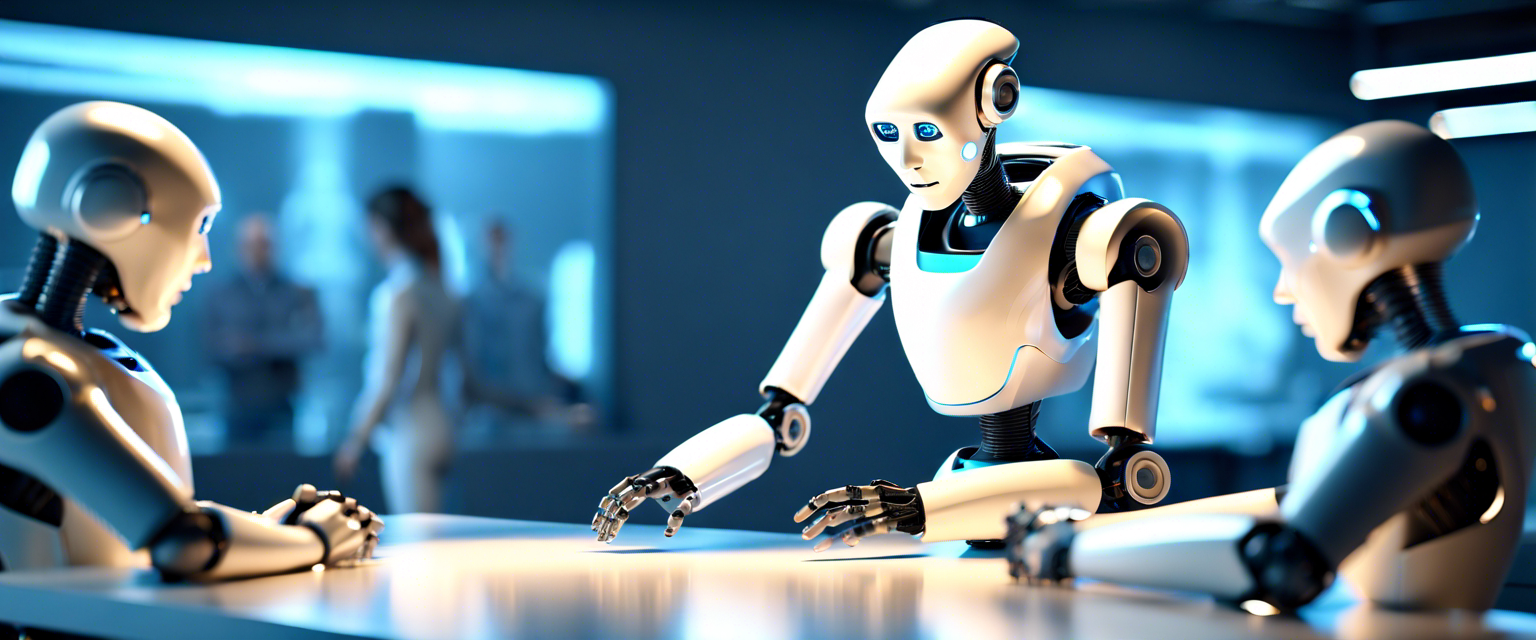The torrent of information and knowledge flowing into our mobile devices – and the global network delivering it – is rapidly changing our lives, says Gerd Leonhard.
We live in exciting times as the very definition of information and knowledge is rapidly rewritten by technology and how we as humans change because of it. I often use this theme in my keynote speeches, and it rings truer every day. Mobile devices have already become our external brains, the ‘extensions of man’ (as Marshall McLuhan famously said), and this will only become more dramatic as they move ‘onto’ us (Google Glass and iris overlays) and ‘into’ us (implants and new nano-tech products).
The oceans of information and knowledge (and some occasional wisdom) that flows into our mobile devices; and the global network that it connects to, is rapidly changing the way live, buy, sell, consume and learn.
This is as inevitable as the switch from horses to trains. The key issues here will of course be our ethics, and our social contracts that will govern how, when and why we employ these technologies.
Certainly, all this external data and distilled knowledge that is not actually embodied within us (i.e. that exists without context and is only an adjunct, after all) is not the same true realisation and comprehensive physical understanding that we are really after when developing meaningful new business ideas, projects and products.
In my view, external knowledge is interesting and indeed often extremely useful, but in many ways it is probably as real as a Facebook friend (which is to say, it may be real, or it may not – it depends).
Intelligent software engines, artificial intelligence solutions and ultra-smart machines are being invented and deployed in every sector of our society, whether it’s for maps, mobile apps, search engines, automotive products, utilities, climate controls and smart meters, or social care and services for the disabled or elderly.
Machine Learning software can now show us the way to our next meeting (even if we didn’t ask for it – see Google Now), predict traffic jams (see Waze), suggest other books to read, find worthy investment opportunities or rate the likelihood of finding a good match on a dating platform.
Soon, many jobs requiring some kind of human attention will be automated and taken over by ‘smart machines’: taxi-drivers (think Google’s self-driving car), check-out clerks (think RFID and NFC), low-level instructors (think MOOC and online learning platforms), basic financial analysts (witness what Google already did in the travel business) and assembly line workers (think cheap industrial robots such as Baxter).
Many of these new intelligent and hyper-networked machines will not actually be ‘intelligent’ enough to be considered anywhere close to human capacity but they will do just fine with limited tasks that require a lot of processing power and connectivity (such as cracking numbers in global financial forecasts). The bottom line is that simply ‘knowing things’, having information and data available, will be commoditised to such a degree that humans will eventually (soon, really) not be able to compete on the mere ‘data & information’ level – we just can’t beat machines for having better and faster memory. We may be looking at significant job losses here; my futurist colleague Thomas Frey predicts a loss of up to 2bn jobs (I would not be quite as dramatic as that).
Therefore, human activities are already ‘naturally’ shifting to the next level after data, information and knowledge: understanding, imagination, design and ‘wisdom’. We may soon entirely yield all the heavy data-lifting to our digital (and physical) butlers, helpers, agents and other electronic team members, and focus on what we can do, and used to do, best: pattern recognition, connecting the dots, creating context, designing things, debating and negotiating, sense-making and remixing. Creativity. Story-Telling. Contextualisation. This may become the ultimate triumph of the right brain as it takes over as the dominant human force (if we can even use that somewhat stale distinction between left and right brain thinking).
For learning and development, this already has pretty obvious consequences: while the rapid advancement of exponentially smarter, faster and cheaper technology cannot and to a large extent should not be stopped, and while 100s of new, cheap and powerful products and services will enter the market place for ‘knowledge work’ (imagine a salesforce.com-like hub for human resource management), we will need to completely rethink the way we use and train people a.k.a. ‘human resources’ in the past.
In a way, one could argue that we in fact treated humans as ‘better machines’ in many ways, in the past: the fastest, most efficient, most accurate, most productive worker or employee was often the most cherished one. Whatever increased profit and growth is what was most highly rated.
Going forward, we will need to focus on creativity, ingenuity, imagination, plasticity, playfulness, co-operation, and interdependence – and how will people actually learn all that?
In many ways, these skills and traits seem like the opposite of what used to matter, and therefore I think it will require an entirely new approach to education, to training, and to learning and development, and of course to the job of the HR department. TED guru Ken Robinson talks about this frequently, and he’s spot-on: we will need to recover what we once could do very well as children so that we can achieve the levels of understanding and ‘wisdom’ that machines will never reach (at least until that scary moment where they, too, may become ‘sentient’).
The future of knowledge isn’t to merely copy and paste information and data, or to store the maximum amount of facts for later – the future is to let ‘the machines’ do the heavy lifting and for us humans to focus on connecting the dots, discovering context, meaning and relevance, and to make human sense of it all. Information retrieval will be completely commoditised just like hearing music online is ‘like water’ or electricity, but actually internalised knowledge and wisdom is another thing altogether.
A word of caution when facing the exponentially that singularity guru Ray Kurzweil always talks about: we may never beat the soon-to-come ‘thinking machines’ but that does not mean we should succumb to ‘machine thinking’ either.
In my view, a truly human future is not one where we change who we are because technology and its algorithms demand it but where technology becomes truly humanised. Many issues will challenge us in this quest, no doubt, and it is very likely that those engaged in learning environments will contribute very significantly to this discussion.
A final thought:
when capitalism as we know it is being reinvented and business becomes more like a biosphere – as is inevitable, globally – right-brain thinking becomes extremely valuable, once again, as empathy, improvisation and interdependent thinking become the new standard.




